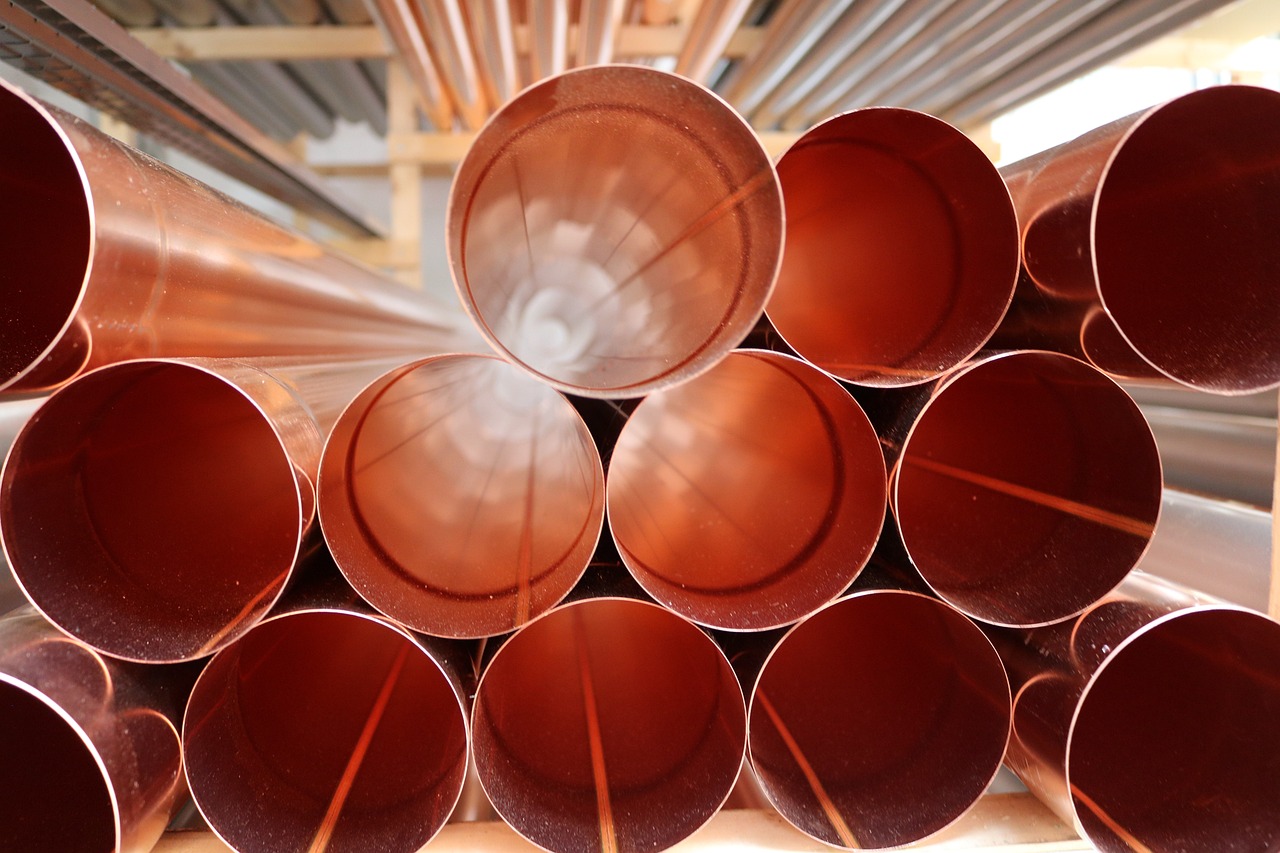On June 7, the energy agency (ANRE) made a startling admission about Japan’s vulnerability in critical raw materials. A mere three years after trumpeting a heightened focus on boosting the nation’s self-sufficiency in the materials needed to decarbonize energy systems, the agency quietly confessed that the goals were unreachable.
Most energy discussions center on the supply or demand of electricity or molecules, as well as the associated costs. Yet without the critical raw materials (CRMs) to build power supply generation facilities, the planning of future energy systems is moot. Japan is a net importer of most CRMs used in batteries and EVs, solar and wind generation equipment, and other clean energy technologies.
ANRE’s admission comes at an important juncture. Deliberations over an update to the national Basic Energy Plan are ongoing, and influential policy experts, such as those at the Institute of Energy Economics, Japan (IEEJ), argue that CRM security should be made equivalent to national security. An extension of this logic suggests that if Japan fails to secure adequate access to certain CRMs, then it might also need to adjust its energy strategies.
Japanese diplomats and businesses have been active in securing the supply of CRMs, striking deals with the U.S. and EU to collaborate on development and procurement. Also, the state resource company JOGMEC has had its remit expanded from hydrocarbons to CRMs.
Data from ANRE, however, suggests that the above activity has yet to bear fruit. Meanwhile, Japan’s self-sufficiency in key critical resources is slipping.

